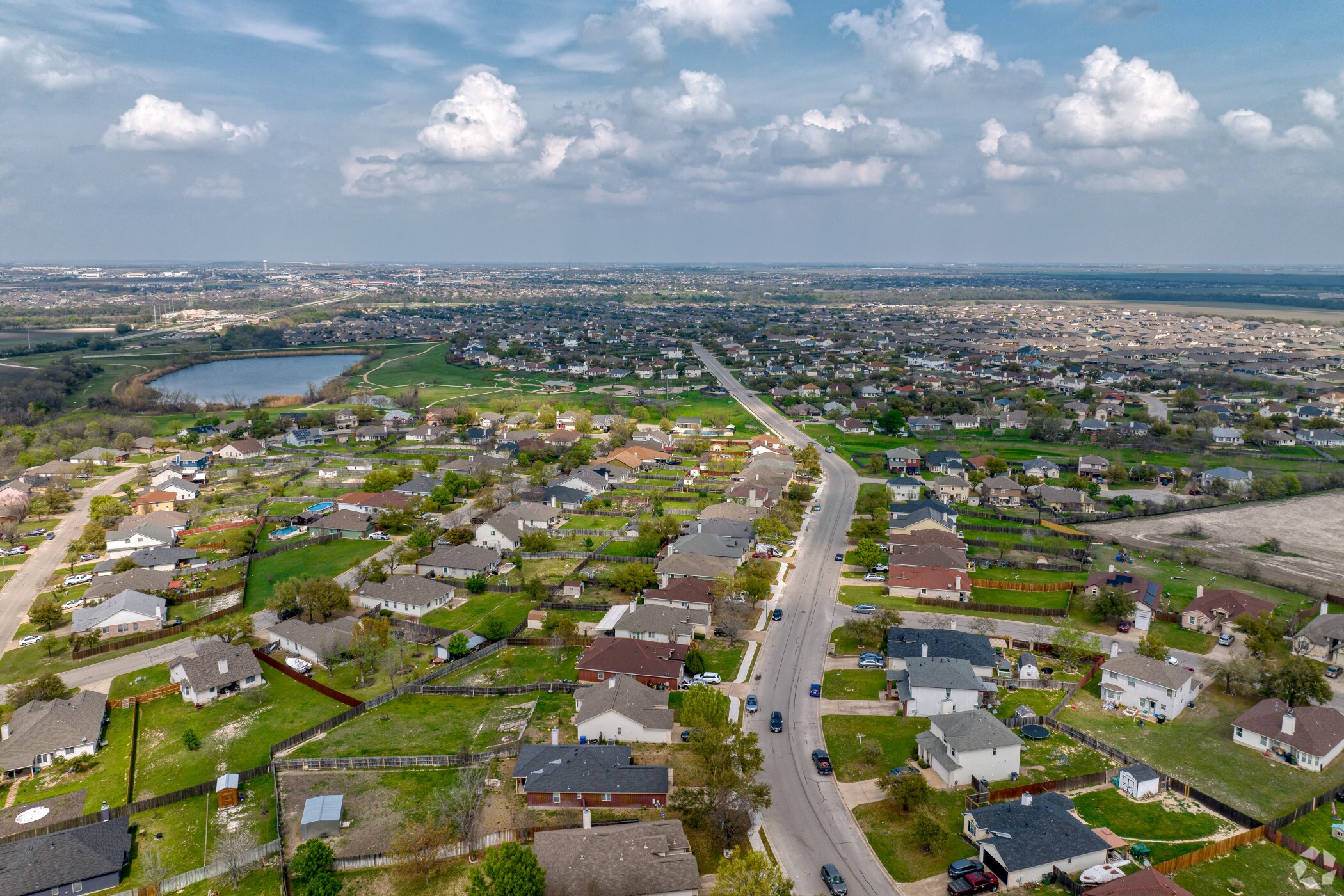With a long-awaited drop in interest rates expected to be announced Wednesday, real estate investors are assessing how they should react. They’re looking to history — and even their wardrobes — to anticipate what will happen next.
History may provide clues as to how soon and how significantly real estate and lending markets could veer because of reduced borrowing costs.
Some industry professionals say an expected cut in interest rates is already being priced into new loans, acquisitions and developments. If so, there may be no burst in activity following a national slowdown in property sales, refinancings and developments over the past two-plus years.
Portland, Oregon-based office investor Menashe Properties, on the other hand, concludes the past has demonstrated that real estate markets can be as fickle as fashion trends.
“I just started wearing skinny jeans, and you know what? The world is going back to baggy,” CEO Jordan Menashe said in an interview. “The stock market goes up and down too quickly. We were never going to fly after 9/11, we were never going back to the office after COVID-19, and interest rates were never going to go as low as they did a few years ago.
“That tells us that rates will go down quicker than we all think. Everything goes too far and too fast and reverts to the historic mean.”
How we got here
Expectations of a potential series of interest rate cuts come after the Fed hiked rates 11 times between early 2022 and mid-2023 to try to cool inflation.
Anthony Graziano, CEO of Denver-based research and advisory firm Integra Realty Resources, expects a slow real estate response when interest rates begin their descent.
“As a market, we always put too much emphasis on specific actions by the Fed,” said Graziano, who is based in Miami. “We always expect there to be an immediate reaction, and when there’s not, it’s always met with surprise. I think we need to be patient and take a longer-term view.
“I hope we never get to the point where the Fed can flip a switch and affect the economy. It would be a controlled economy where we are not living in a free market anymore.”
Matt Garrison, CEO of Chicago-based office investor R2, said he is watching for another “shoe to drop,” describing rate cuts as “a fairly reliable predictor of recessions.” In an email, he described that scenario in this economic cycle as likely.
The Fed is expected to reduce rates in response to some clues that the economy is weakening, such as a slowdown in hiring, but it faces a tricky balancing act to avoid reigniting inflation. That has real estate investors and others closely watching how much and how quickly the Fed will adjust interest rates.
Previous cycles
Veteran industrial investor and developer Bob Smietana said he’s less worried about broader economic fallout compared with crashes following over-leveraged dealmaking such as in the 1980s and again in the late 2000s, leading into the Great Recession.
Smietana, CEO and president of Chicago-based HSA Commercial, recalls developers in the 1980s funding projects entirely with debt, “or even 110% because they were valuing loans on future values,” with borrowers pocketing the difference.
Smietana said that era of excess, and the carnage to follow, was accurately portrayed in Tom Wolfe’s 1998 novel set in the Atlanta area, “A Man in Full.”
Risky levels of leverage also preceded a crash a decade and a half ago, leading many borrowers to face the consequences of personal-recourse loans, Smietana said.
“The good thing about this cycle compared with the last big one is that in 2008, there was no activity,” Smietana said. “Any activity was bad activity. I don’t think there’s a [recession] concern this time around.”
High borrowing costs, worries about the economy and the remote and hybrid work trends that have persisted more than four years after the onset of COVID have allowed cash-flush, opportunistic office investors to buy properties at small fractions of their previous valuations.
Office effect
For Menashe Properties, that includes deals for the 29-story tower at 230 W. Monroe St. in Chicago and three properties in the firm’s home city in Oregon: Montgomery Park, the American Bank Building and the J.K. Gill Building.
The firm bought the Portland and Chicago properties without loans or investment partners, with plans to finance them later at more favorable rates.
Menashe acknowledges that history shows falling interest rates could be the sign of a looming recession, but he said a slowing economy could have a counterintuitive effect for office landlords.
“If interest rates drop quicker than we think, that means there’s probably some stress facing our macro economy,” said Menashe, who is based in Dallas. “We’ve gone a long time without a recession. What does a recession really mean for office space? Companies are likely hiring significantly less, as we’re already seeing, and the power shifts back to the employer from the employee.
“If employers have the power, they’re going to want people to be back in the office to spur productivity, creativity and morale.”




